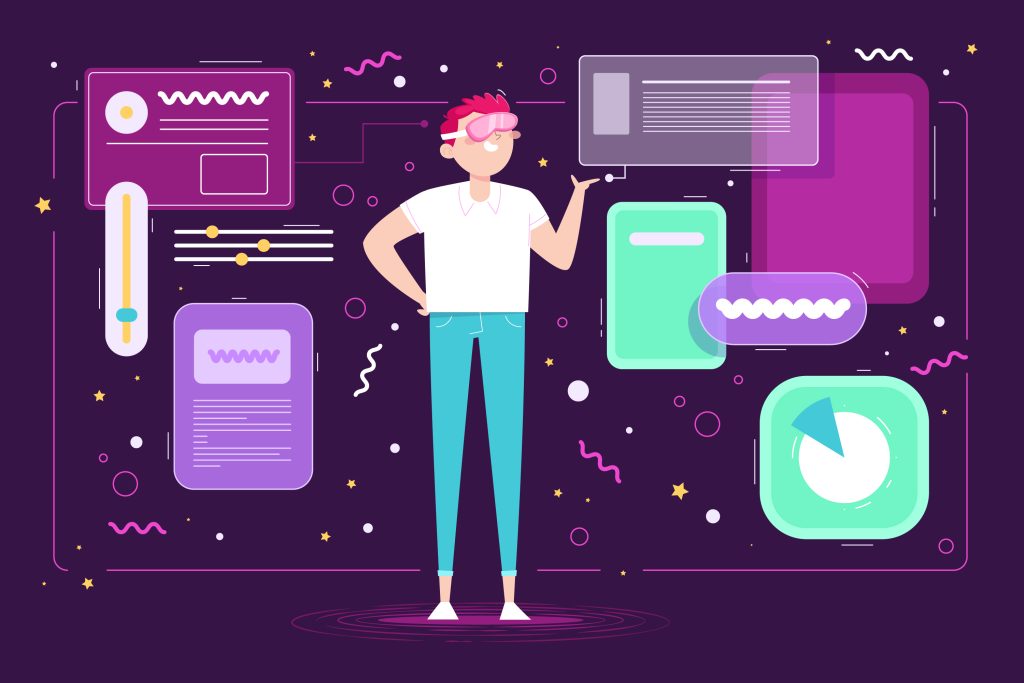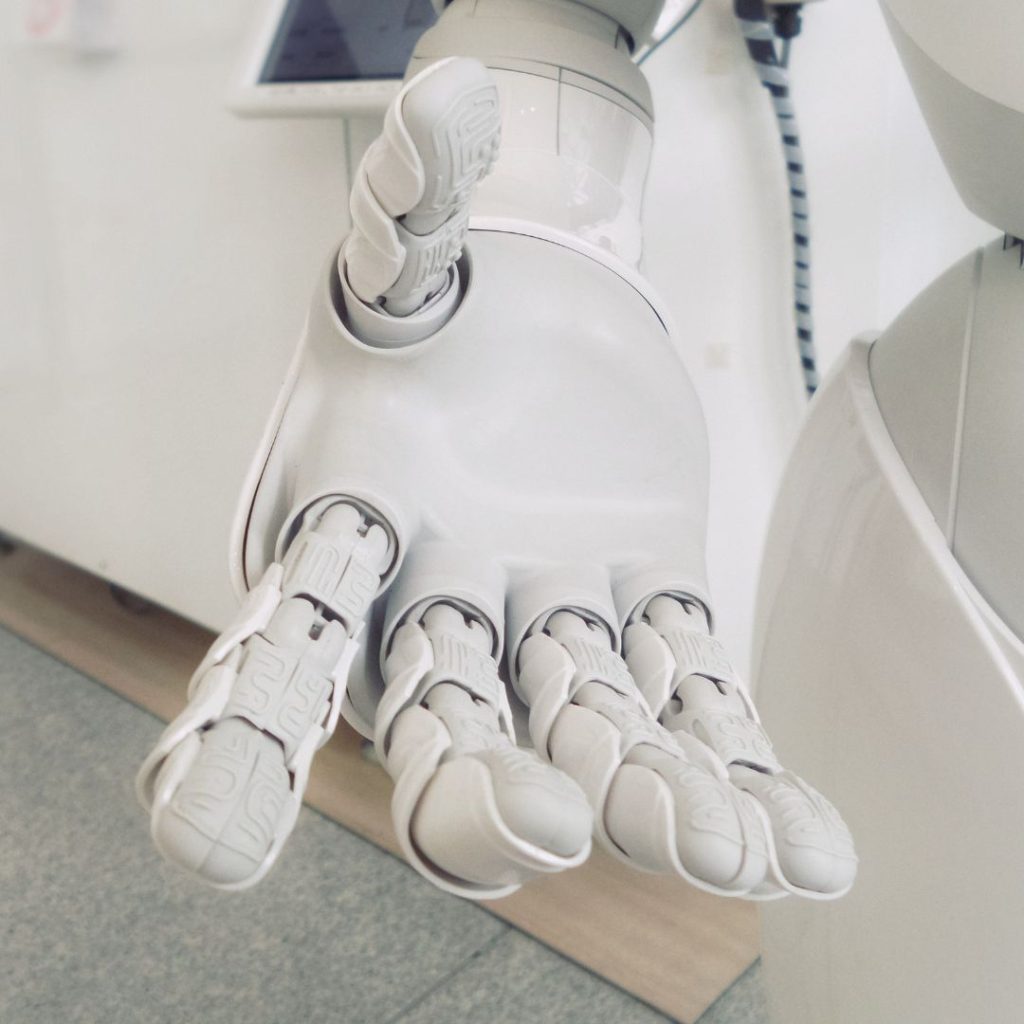In recent years, chatbots have become the darlings of customer service in the tech industry. Their ability to provide instant responses, round-the-clock availability, and personalized interactions has endeared them to both businesses and customers alike. However, as with any technological advancement, there comes a time when we must ask: Are customers still in love with chatbots, or is their infatuation destined to fade? In this blog post, we delve into the world of chatbots to understand their current state, explore their limitations, and discuss the future of customer interactions.
The Rise of Chatbots in Customer Service
Chatbots have revolutionized customer service by enhancing efficiency and providing quick solutions to common queries. As AI-powered virtual assistants, chatbots can handle a wide range of customer interactions, from answering frequently asked questions to assisting with purchase decisions. Their round-the-clock availability ensures that customers can access support at any time, eliminating the frustration of long wait times and improving overall satisfaction.
The Benefits of Chatbots for Businesses
Enhanced Customer Experience
Chatbots deliver personalized interactions, learning from each interaction to provide tailored recommendations and responses. This level of personalization creates a seamless customer experience, leaving a positive impression on the user.
Cost-Effective Solution
By automating repetitive tasks and reducing the need for human intervention, chatbots help businesses cut down on operational costs. With increased efficiency and scalability, companies can reallocate their resources to more complex customer inquiries, driving further value.
Data-Driven Insights
Chatbots generate valuable data that can be analyzed to gain insights into customer preferences, pain points, and emerging trends. This data-driven approach enables businesses to make informed decisions and improve their overall customer service strategy.
The Limitations of Chatbots
Lack of Emotional Intelligence: While chatbots excel at providing quick and factual responses, they often struggle with understanding complex emotions or handling sensitive customer issues. Human interactions can be nuanced, requiring empathy and emotional intelligence that chatbots currently lack.
Limited Contextual Understanding: Chatbots rely heavily on pre-programmed responses and may struggle to understand ambiguous queries or respond accurately to complex scenarios. This limitation can result in frustrating interactions for customers seeking specific or nuanced information.
The Future of Customer Interactions
As technology continues to evolve, so too will customer expectations. While chatbots have provided significant value to businesses, it is essential to recognize that they are not a one-size-fits-all solution. To meet the changing demands of customers, businesses should strive for a hybrid approach that combines the efficiency of chatbots with the empathy and emotional intelligence of human agents.
Future advancements in AI and Natural Language Processing (NLP) hold great promise for improving chatbot capabilities. As AI algorithms become more sophisticated, chatbots will better understand and respond to complex human queries, offering a more human-like experience.
Conclusion
Chatbots have undoubtedly transformed the customer service landscape, enhancing efficiency and providing personalized interactions. However, they are not without their limitations. As customers seek more nuanced and emotionally intelligent interactions, businesses should prepare for a future that embraces the strengths of both chatbots and human agents. By combining automation with human touch, companies can ensure exceptional customer experiences while remaining at the forefront of technological innovation.
As the world of customer service continues to evolve, staying informed and adaptable will be key for businesses to maintain customer satisfaction and loyalty. By recognizing the strengths and limitations of chatbots, companies can leverage their benefits and prepare for a future that strikes the perfect balance between automation and human interaction.
If you’re interested in exploring the potential of chatbots for your business or have any further questions, we’d love to hear from you. Contact us today using the form below and our team will be in touch with you as soon as possible. Let’s embark on a journey of transforming customer interactions together.





